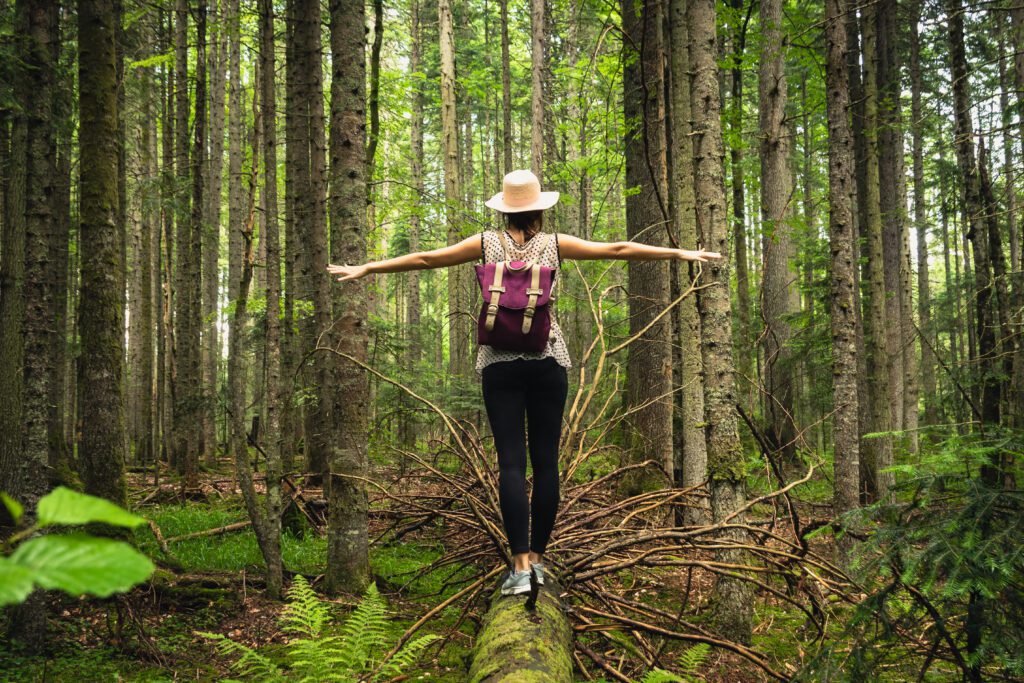Four Forms of Free Therapy
by MARY JOYE, LMHC
Rising costs. Lower happiness. Covid chaos. A looming war. Shooters. Protests. Crime. Suicide deaths are greater than traffic accident fatalities. Is it any wonder people are seeking mental health help in record numbers? However, the demand for therapy has risen and the supply of therapists cannot meet it. The stigma to seek help has decreased, but with fewer therapists practicing in person, waiting for help can be an impediment to care. The White House issued a statement on the mental health crisis:
“We must dramatically expand the supply, diversity, and cultural competency of our mental health and substance use disorder workforce — from psychiatrists to psychologists, peers to paraprofessionals — and increase both opportunity and incentive for them to practice in areas of highest need.”
Getting this care from the White House to your house is complex and costly. It takes years to train mental health professionals, and the crisis is serious.
If you are in crisis, call 911 or the new 988 suicide prevention hotline. The current Lifeline phone number is and will remain 1-800-273-8255.
If you are not in crisis there are three major ways to improve mental health until you can talk to a professional.
- Nature: Nature nurtures us. Look for metaphors you find in it, and apply them to your life. I was recently at Yellowstone National Park not long after the flood. The canyons were overwhelmed with snow melt and heavy rains, yet the water found a way to recede, and the animals sought higher, safer ground by using their instincts. Finding the path of least resistance, going with the flow, and adapting to events are what we can do as humans. Emotional flooding is what happens when people are under mental stress. Talk therapy does not always immediately relieve intense feelings of emotional pain. Therapists help you listen to yourself and seek solutions but getting out in nature is where you are better able to listen to yourself. Get to a peaceful place where water and sky meet. Green and blue spaces are great for head space. Though counterintuitive, people surrounded by nature and who see fewer people each day have a greater sense of well-being than those in big cities. Concrete structures and loud city noises cause feelings of isolation, irritability, and anxiety. Many cities have incorporated green spaces and community gardens as studies have proven spending time in nature makes us kinder and happier.
- Exercise: Exercise releases feel-good chemicals such as dopamine, endorphins, and serotonin and decreases stress hormones of cortisol and adrenaline. A sense of well-being remains long after the exercise is over. Cardio for 15 minutes at least 3 days a week is a good place to start. Play three or four of your favorite songs and dance around your living room or walk outside with headphones. That is 15 to 20 minutes of exercise!
- Fun Is the Antidote for Fear: Fear and anxiety create stress hormones, which can be debilitating. Fun releases dopamine, which can be liberating. Simply watching funny shows instead of the fear-filled news can reduce stress.
- Process Positively: Toxic positivity is a valid catchphrase because the theory in practice does not allow a person to embrace or process pain, trauma, or grief in a cathartic way. Socialization can help if you can speak with a trusted, wise friend or mentor. If you do not have one, you can be your own therapist. Wonderful and horrible things happen simultaneously in life. Our brains focus on negative events to keep us on the lookout for them in the future. The problem is when you focus on only the negative, or conversely, only the positive, processing is not comprehensive. You cannot circumvent negative events or thoughts with positive thinking alone. You must process it with time, embracing the hurt and taking note of what you can be grateful for during a struggle. Having empathy for yourself (not self-pity) and finding the lessons learned will help. Finding small things to be grateful for in times of need can also help you lessen the pain.
What things help you to process your thoughts? Find the path of least resistance and become conscious of your subconscious and your mental health will improve. Meditation, yoga, journaling, self-care, traveling, having fun, playing sports and other mindful activities are forms of mental health self-help. Do what makes you the happiest!
ABOUT THE AUTHOR: Mary Joye, LMHC, PA, is a licensed mental health counselor with offices in Lakeland and Winter Haven. She holds a Master of Arts in Counseling from Trevecca Nazarene University in Nashville, Tennessee. For more information, visit www.maryjoyecounseling.com.
